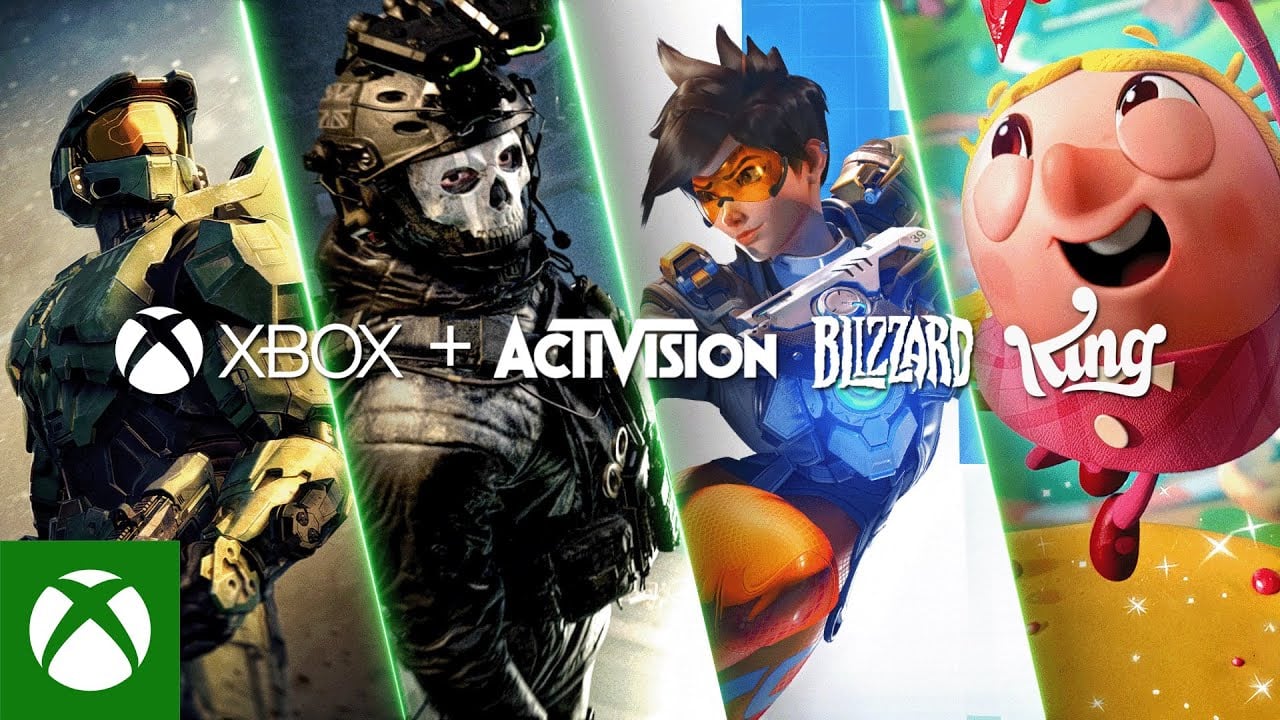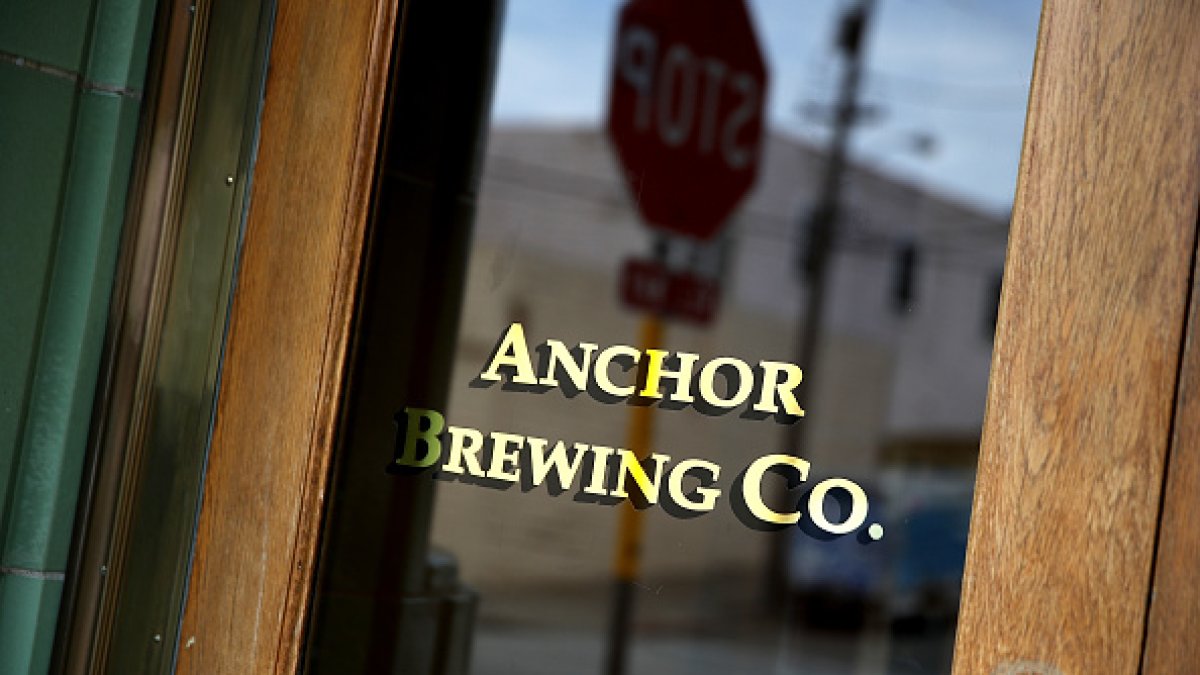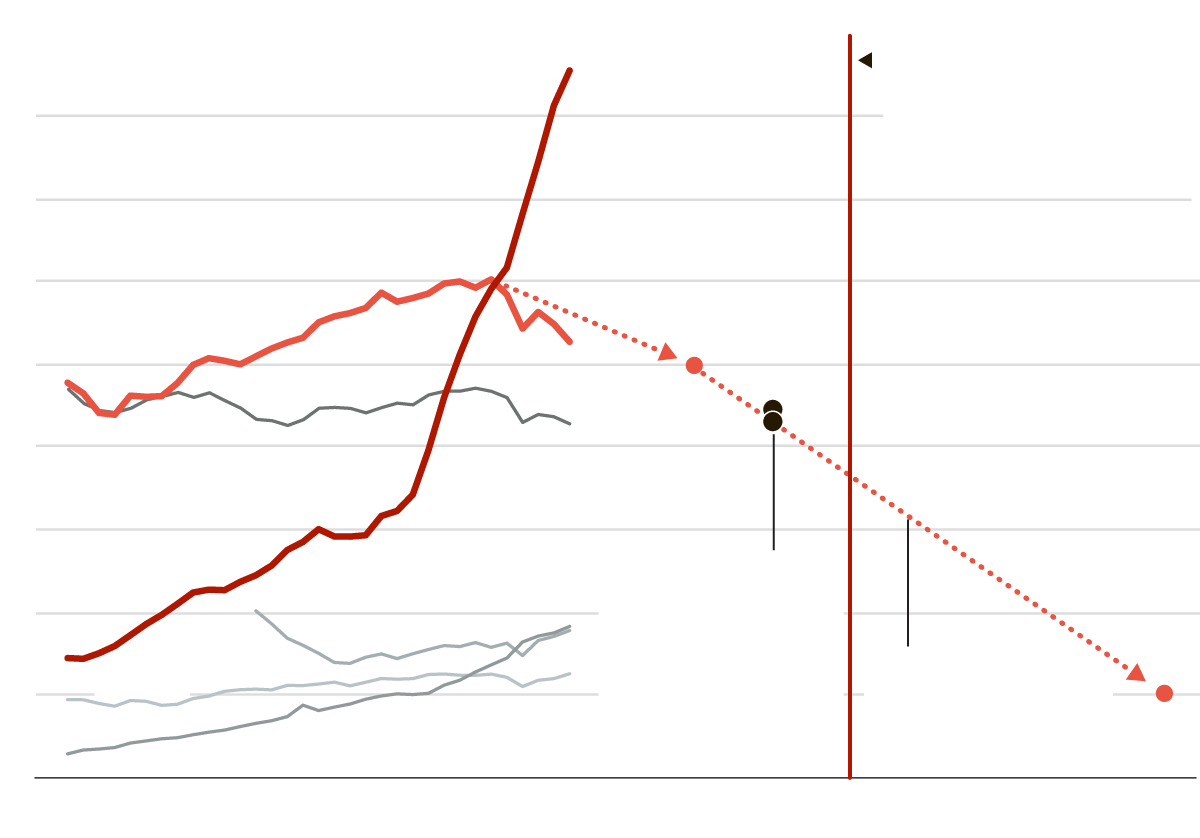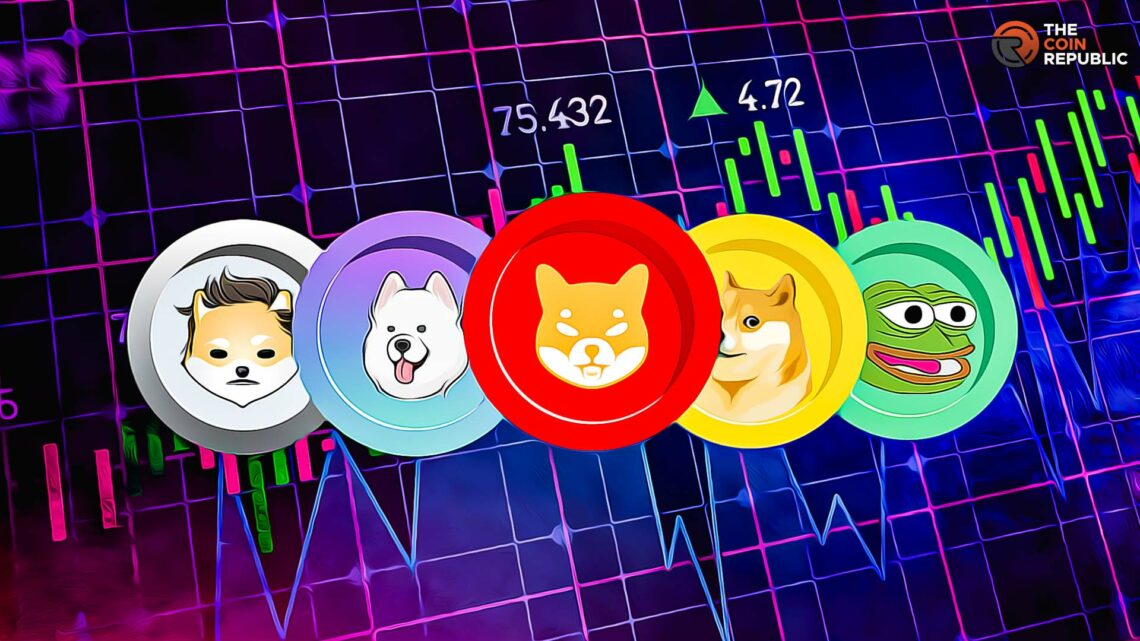Appeal Filed: FTC Challenges Microsoft's Activision Blizzard Acquisition

Table of Contents
The FTC's Arguments Against the Acquisition
The FTC's opposition to the Microsoft Activision Blizzard acquisition centers on concerns about anti-competitive practices and their potential impact on consumers.
Concerns about Anti-Competitive Practices
The FTC argues that this merger would create an unfair competitive advantage for Microsoft, potentially stifling innovation and harming consumers. Their concerns include:
- Reduced competition in the console market: The merger would significantly increase Microsoft's market share, potentially giving Xbox an insurmountable advantage over PlayStation and other competitors. This could lead to a less competitive console market, ultimately hurting consumers.
- Potential for exclusivity: The FTC fears Microsoft could make popular Activision Blizzard titles, such as Call of Duty, exclusive to the Xbox ecosystem, locking out PlayStation and other platform users. This would limit consumer choice and potentially drive up prices.
- Harm to other game developers and publishers: Reduced competition could negatively impact other game developers and publishers, hindering innovation and reducing the diversity of games available to consumers.
- Impact on cloud gaming services: Microsoft's dominance in cloud gaming could be further amplified by the acquisition, potentially stifling competition in this rapidly growing market segment. This could restrict consumer access to various gaming options.
Impact on Game Pricing and Availability
The FTC claims the merger could lead to higher prices and reduced availability of Activision Blizzard games across platforms. This is a crucial aspect of their case, supported by:
- Analysis of pricing models: The FTC is likely examining Activision Blizzard's historical pricing models to predict how Microsoft might change them post-merger.
- Examination of potential exclusivity deals: The potential for exclusive deals on key franchises like Call of Duty, World of Warcraft, and Candy Crush is a primary focus of the FTC’s investigation.
- Prediction of impact on consumer choice: The FTC's analysis will evaluate how limiting access to these games on competing platforms would affect consumer choice and overall competition.
The Role of Call of Duty
The Call of Duty franchise plays a central role in the FTC's argument. They contend that making Call of Duty exclusive to Xbox would significantly harm competitors like Sony and Nintendo. Key points include:
- Call of Duty's market share and influence: Call of Duty consistently ranks among the best-selling games globally, wielding significant influence over the gaming market.
- Potential for other publishers to struggle: The loss of Call of Duty as a competitor could severely disadvantage other game publishers, hindering their ability to compete effectively.
- Microsoft's proposed remedies: The FTC will scrutinize any proposed remedies Microsoft offers to ensure they sufficiently address concerns about Call of Duty's exclusivity.
Microsoft's Defense of the Acquisition
Microsoft vehemently defends the acquisition, arguing that it will benefit consumers through increased innovation and competition.
Arguments for Maintaining Competition
Microsoft claims the merger will foster competition by:
- Increased game development and innovation: Microsoft asserts that increased resources will lead to improved game development and more innovative titles.
- Promises to maintain Call of Duty's multi-platform availability: Microsoft has repeatedly pledged to keep Call of Duty available on PlayStation and other platforms, a key point of contention with the FTC.
- Evidence provided to support their claims: Microsoft is presenting evidence to support its claims, aiming to demonstrate that the merger will not harm competition.
Addressing FTC Concerns
Microsoft is attempting to address the FTC's concerns through various concessions and solutions, including:
- Proposed agreements on cross-platform availability: These agreements aim to ensure Call of Duty and other Activision Blizzard titles remain available on competing platforms.
- Commitment to fair pricing structures: Microsoft is emphasizing its commitment to maintaining fair pricing structures for Activision Blizzard games.
- Long-term licensing agreements: Microsoft is exploring long-term licensing agreements to further mitigate FTC concerns.
Potential Outcomes and Implications of the Appeal
The appeal's outcome will have significant consequences for the gaming industry and future mergers and acquisitions.
Legal Precedents and Future Regulatory Scrutiny
This appeal could set a significant precedent for future mergers and acquisitions in the tech industry:
- Discussion of previous antitrust cases: The legal battle will draw on precedents from previous antitrust cases in the gaming and tech sectors.
- Potential changes to regulatory frameworks: The outcome could influence future regulatory frameworks concerning mergers and acquisitions in the technology industry.
- Impact on investor confidence: The appeal's outcome will significantly affect investor confidence in the gaming and tech sectors.
Impact on the Gaming Industry
The FTC's appeal will undeniably shape the future of the gaming industry:
- Potential changes to game development strategies: The outcome could impact how game developers strategize and develop their games.
- Impact on game pricing and availability: The decision will affect how games are priced and made available to consumers across platforms.
- Changes to the distribution landscape: The distribution landscape of games could be altered, depending on the outcome of the appeal.
Conclusion
The FTC's appeal against the Microsoft Activision Blizzard acquisition is a pivotal moment for the gaming industry. This FTC Microsoft Activision Blizzard acquisition case highlights crucial concerns about competition, market power, and the future of digital entertainment. The outcome will have far-reaching implications, affecting not only Microsoft and Activision Blizzard but also shaping future mergers and acquisitions in the tech sector. Stay informed about this developing situation to understand the evolving dynamics of this landmark FTC Microsoft Activision Blizzard acquisition and its ripple effects across the gaming industry. Follow this case closely to learn more about the impact of this critical FTC Microsoft Activision Blizzard acquisition.

Featured Posts
-
 Jack O Connell How A Sinners Scene Reconnected Him To His Origins
Apr 25, 2025
Jack O Connell How A Sinners Scene Reconnected Him To His Origins
Apr 25, 2025 -
 Anchor Brewing Company Shuts Down Whats Next For The Iconic Brewery
Apr 25, 2025
Anchor Brewing Company Shuts Down Whats Next For The Iconic Brewery
Apr 25, 2025 -
 Xis Climate Pledge Chinas Tougher Emissions Targets Without Us Collaboration
Apr 25, 2025
Xis Climate Pledge Chinas Tougher Emissions Targets Without Us Collaboration
Apr 25, 2025 -
 Trumps Dinner With Top Meme Coin Investors Who Made The Cut
Apr 25, 2025
Trumps Dinner With Top Meme Coin Investors Who Made The Cut
Apr 25, 2025 -
 Makeup Organiser Declutter Your Dressing Table With These Top Options
Apr 25, 2025
Makeup Organiser Declutter Your Dressing Table With These Top Options
Apr 25, 2025
Latest Posts
-
 Kreasi Meja Rias Modern And Sederhana Di Rumah Tren Desain 2025
Apr 25, 2025
Kreasi Meja Rias Modern And Sederhana Di Rumah Tren Desain 2025
Apr 25, 2025 -
 Inspirasi Desain Meja Rias 2025 Gaya Modern And Sederhana
Apr 25, 2025
Inspirasi Desain Meja Rias 2025 Gaya Modern And Sederhana
Apr 25, 2025 -
 Meja Rias Modern And Sederhana Ide Desain Terkini Untuk Rumah
Apr 25, 2025
Meja Rias Modern And Sederhana Ide Desain Terkini Untuk Rumah
Apr 25, 2025 -
 Desain Meja Rias Minimalis Modern 2025 Panduan Lengkap
Apr 25, 2025
Desain Meja Rias Minimalis Modern 2025 Panduan Lengkap
Apr 25, 2025 -
 The Ultimate Guide To Childproof Makeup Storage For Parents
Apr 25, 2025
The Ultimate Guide To Childproof Makeup Storage For Parents
Apr 25, 2025
